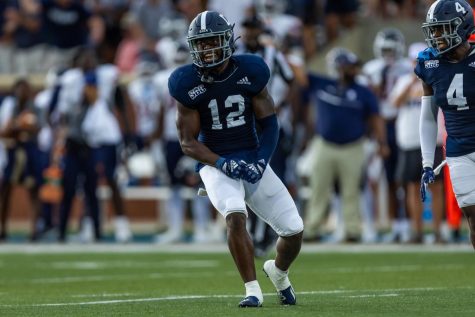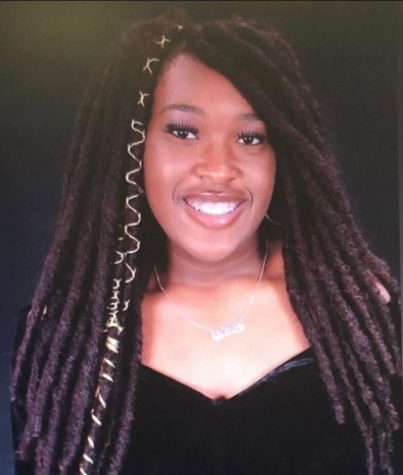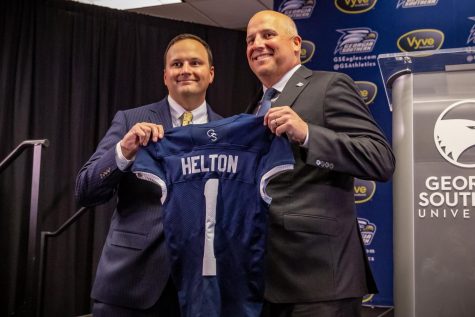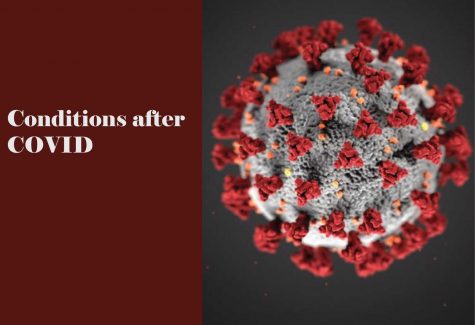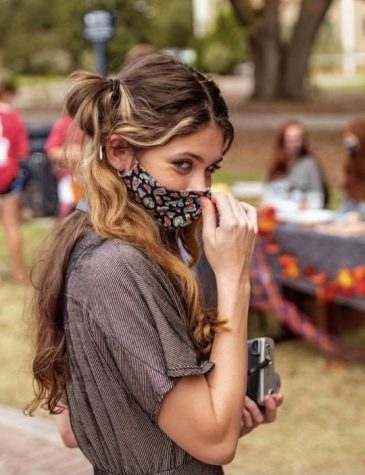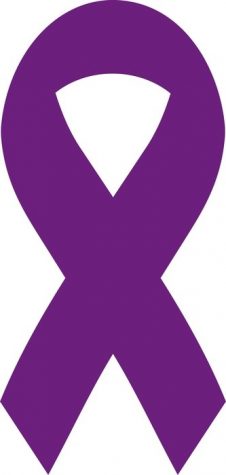Cheering for laundry
April 17, 2014
Last week, hours before the NCAA basketball National Championship game which pitted the University of Connecticut against the University of Kentucky, an RA at UConn decided he did not want any of his residents causing a ruckus anywhere near his dorm.
Derek sent out an email blast to all living under his thrown advising them to take their party somewhere else.
“Remember, the only reason you care about the game is because they’re wearing a UConn uniform… you’re cheering for laundry,” Derek, a resident advisor at the University of Connecticut, said in the email.
His ‘cheering for laundry’ statement has earned him the title of ‘Worst RA in UConn history’ across the Internet. He has been ridiculed for reducing sport fandom to its simplest form. I want to give him the benefit of the doubt and investigate some past sporting events.
In 2005, after Hurricane Katrina tore through New Orleans, tens of thousands of refugees fled an hour south to Baton Rouge and took shelter at Louisiana State University. Without proper housing the survivors were given mats and spots on the floor in the basketball arena.
Most of those taking shelter inside the arena were forced to leave their homes and all of their belongings behind, taking only the waterlogged clothes on their backs. This became a problem immediately so the students and faculty gathered and donated all the spare clothes they could find.
Consequently, most of those clothes contained the school’s colors: purple and gold. That next weekend the refugees were given tickets to the LSU football game. They showed up, wearing their purple and gold laundry and cheered their Tigers to victory.
One of the revived survivors was asked after the game how she felt about her new team. She responded that she had never been an LSU fan but now she was a fan for life. The purple and gold attire worn by the weathered and once demoralized citizens were more than laundry that day.
A year ago thousands attended the Boston Marathon when two pressure cooker bombs went off at the finish line, killing three and maiming almost 300 others. The city of Boston was shattered as a manhunt went on to find those responsible. As those were healing the cities population tried to recover from the traumatic experience.
They needed something to cling to and capture their attention. With the baseball season only just beginning many turned to the Boston Red Sox. Over 37,000 fans packed themselves into Fenway Park, adorned with red and white.
The healing Bostonians watched with tears as their Red Sox sang in unison then went on to give their city a victory. In the darkest of times the people turned to their city’s baseball team to find relief. Boston’s people were wearing more than just laundry that day.
To get a historical perspective for of our fascination with laundry, we can rewind our country to 1980. The nation was recovering from a war in Vietnam, we had American hostages stuck in Iran and fear of a conflict with the Soviet Union loomed over everyone.
The nation needed a victory. American’s turned to a rag-tag hockey team assembled with mostly college players and amateurs to be the source of that victory. They met the Soviet Union in the medals round of the 1980 Winter Olympics in Lake Placid, N.Y.
With the clock winding down in the final period the underdog U.S. team led the Soviet Union 4-3. The Americans passed the puck between one another, sacrificing their bodies to preserve their lead. As the clock hit eight seconds sportscaster Al Michaels offered his now immortalized quote: “Do you believe in miracles? Yes!”
After the victory, the country was revived. National pride was at an all time high, a group of American’s with a long shot trounced the No.1 hockey team in the world. The stitched letters ‘U.S.A’ on the jerseys of the players and fans were much more than laundry that day.
In fact, before all of those events (and every sporting event) we hoist up the stars and stripes and sing our national anthem. The red, white and blue across the flag are more than just laundry everyday.
Our friend Derek was technically correct. We are rooting for laundry. However he missed one crucial point in his address to his residents. When we put on our Eagle gear we are not doing it because of the color of the laundry but for what that laundry means to us. We cheer with our laundry, not for it, and we are proud to do it.






